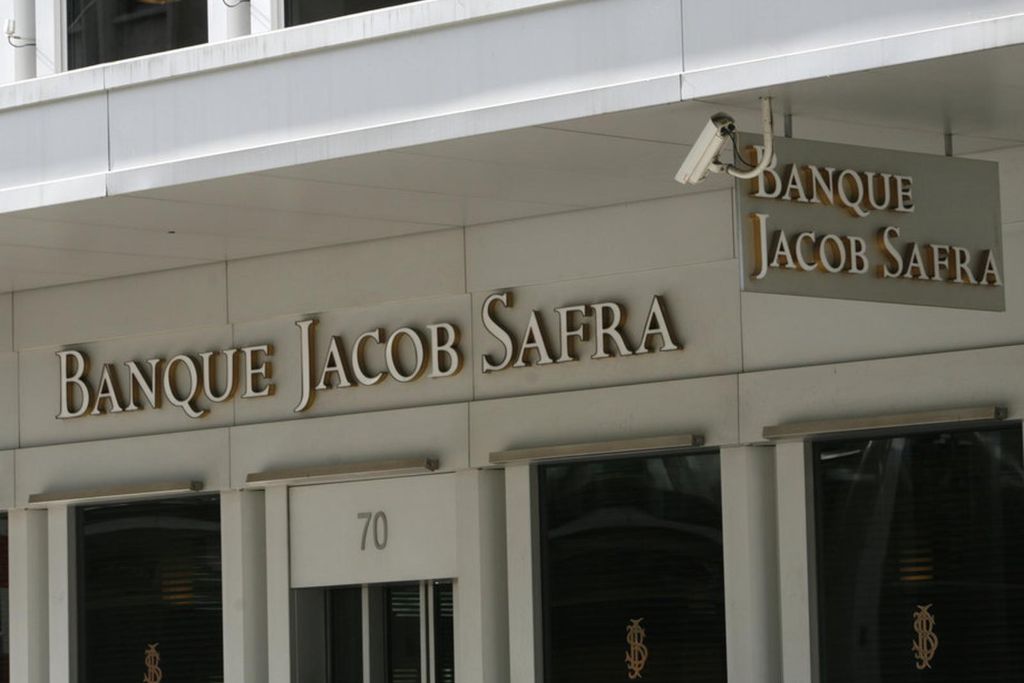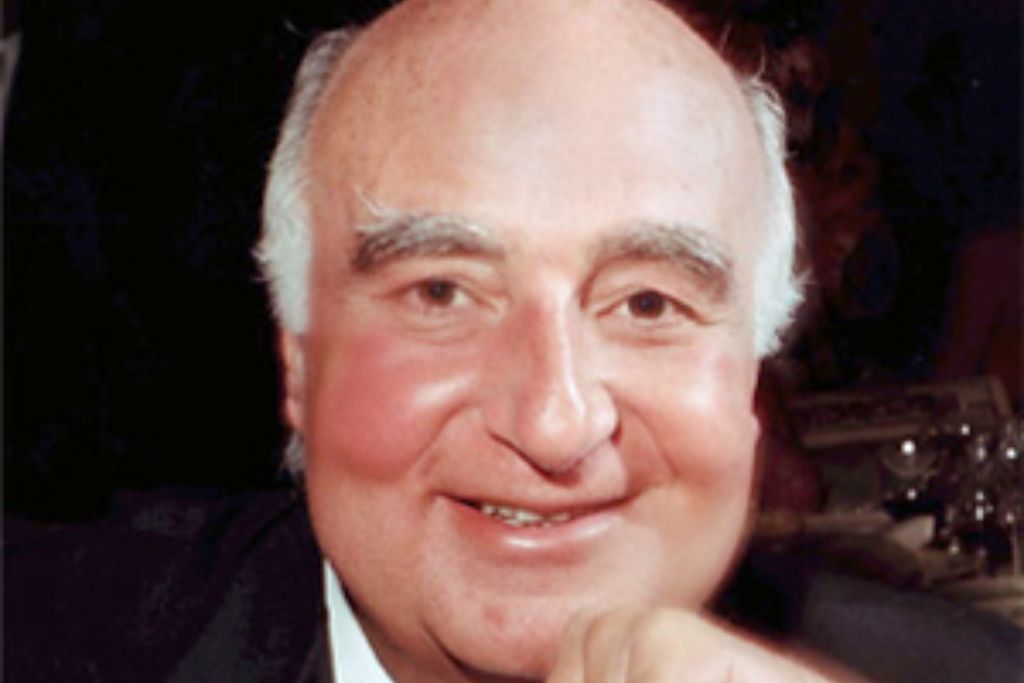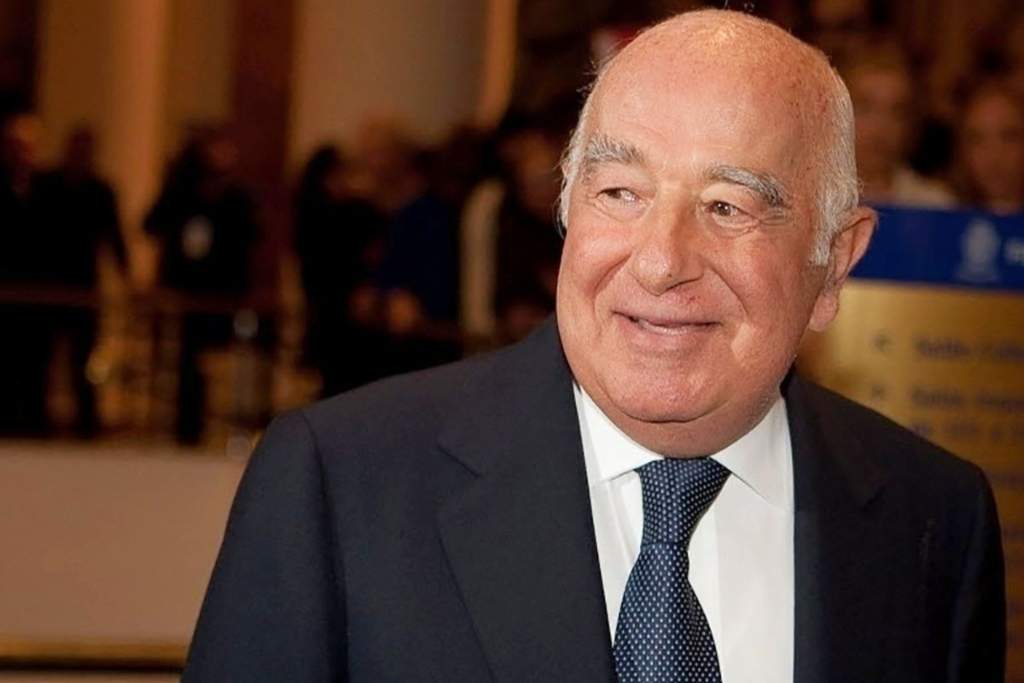
Though the also Jewish Rothschild family are often touted as being the world’s most secretive banking family, that title should instead go to Brazil’s Safra family and their patriarch Jacob Safra, who was arguably the greatest banker no one has ever heard of.
He was perhaps even a better banker than the Rothschild family’s Nathan Mayer or Mayer Amschel Rothschild!
Often eclipsed by his two more famous sons, who both have reputations for being the most skilled bankers of their generation, without their father, they’d probably never have come to be…
Ancestry
The origins of the Safra family’s banking operations go back nearly two centuries, to the time of the Ottoman Empire.
Having settled in Aleppo, a major trading city in the Ottoman Empire where East met West, after their expulsion from the Iberian Peninsular, the Safras became money changers – agents who could convert various currencies for one another or their gold/silver equivalents.
Converting currencies like the Austrian Thaler, Ottoman Para and Venetian Zecchini for their equivalent in gold and silver and charging a large commission for the pleasure made the Safras quite wealthy and the family began to wonder how to make their wealth generational.
To that end, the family established Safra Frères et Cie. in 1840 to not only continue the family’s money changing operations, but also act as financiers.
After all, their years of money changing meant that they knew many of the traders who were looking for someone to financially back their expeditions and had had good relationships with them. Not to mention the ability to reduce much of the costs of trading in Aleppo’s markets.
So that’s what the family did. In one part of their Aleppo office, they exchanged various currencies, whilst in another, they financed trade caravans across the Middle East.
Only financing the most profitable trade caravans, the Safras made a fortune and prompted them to open other offices in other major Ottoman cities like Istanbul and Alexandria.
Interestingly, when translated from Arabic, the family’s name means “gold” quite fitting given the family’s business…
Early Life
It was into these circumstances where Jacob Eliaho (Elie) Safra was born on January 9 1891. The only son of Elie Safra and his wife, Sabouth, Jacob’s early childhood was marked with tragedy after the death of his father in 1904.
Taken in by his uncle Ezra Safra, the head of Safra Frères et Cie., Jacob learned the ropes of international trade and money changing by working alongside his uncle.
Within only a few years, Jacob Safra was heading the money changing department of his family’s bank and gained a reputation among the merchants of Aleppo for being the most skilled money changer in the city.

According to contemporary sources, Jacob had the ability to mentally calculate the conversions of various currencies into their gold and silver equivalents. All at a time before modern calculators and when his relatives all used conversion charts.
Working his way up, Jacob eventually became a partner in the family firm.
As a partner Jacob was able to finance trade caravans of his own, where he gained a reputation for being able to finance trade caravans that were even more profitable than everybody thought.
Despite only being 23 at the time, by 1914 it was clear that Jacob was set to inherit the role of head of the bank. Though he had other cousins that worked in the bank, he was by far the most gifted.
This was only confirmed when Ezra Safra sent Jacob to Beirut to oversee the opening of a new branch in the city to compliment their pre-existing offices in Aleppo, Alexandria and Istanbul.
Banco Jacob E. Safra
Four years later, the Ottoman Empire had effectively collapsed as a result of their losing WWI. With increased social unrest and trade reducing greatly as a result, Jacob left Aleppo for Beirut.
Joining up with his family’s firm, Jacob worked out of the Beirut office in the same capacity he had in Aleppo.
Despite their 13 year age gap and blood relation, in 1920, Jacob Safra married Esther Tiera Safra, his cousin and the daughter of his father’s brother, Youssef, in the Lebanese capital, not long after her 16th birthday.
Not truly satisfied with his job, Jacob Safra broke with his family and went out on his own in 1929, to found Banco Jacob E. Safra.
A modern bank as we’d understand them today, Banco Jacob E. Safra became the bank of choice for much of Syria and Lebanon’s wealthy Sephardic Jews, who trusted Jacob Safra to manage their personal and business finances with the utmost care and discretion.
One of the ways he did this was by writing all important documents in an ancient Arabic script taught to, and known only by, the Middle East’s highly educated Sephardic Jews.
This meant that if the bank was ever robbed or a revolution nationalized the bank and its assets, the documents that would tell the thieves or the government what was in the bank were illegible. Genius.
Much like he did as a teenager at his family’s bank in Aleppo, when his own sons were old enough, they too began working at the bank.
Perhaps most famously, his second eldest son, Edmond, headed the precious metals and foreign exchange division of the bank… al whilst only being a teenager himself.
Interestingly, Banco Jacob E. Safra still exists, albeit under a different name. In 1956, the bank changed its name to Banque de Crédit National, or BCN for short, which is one of the oldest banks in Lebanon. Sadly, Jacob’s descendants sold their stake in the bank in 2004.
Safra SA
By this point, Jacob Safra was arguably the most famous Jewish banker in the Middle East, and one of the richest bankers in the world. Indeed, not even the Second World War deterred the growth of Banco Jacob E. Safra.
However, the postwar establishment of the state of Israel by the victorious Allies and the 1948 Arab-Israeli War saw antisemitism levels in the Middle East increase exponentially, and the Safra family began to fear for their safety.
In 1949, they moved to Milan, Italy and established a trading company, before moving to São Paulo in 1952, a city home to a large Jewish community and where antisemitism had been specifically banned.

Three years later, Jacob and three of his sons – Edmond, Joseph and Moise – established Safra SA, the family’s first financial institution in the country.
Drawing upon his earlier experience as a financier, Jacob used Safra SA to finance the international projects of other wealthy Brazilian Jews before gradually adding asset/investment management services too.
As his business grew, Jacob and his sons added more branches beyond their original São Paulo one, expanding into Asia, Africa, Europe and other Latin American countries.
Much as he had done at Banco Jacob E. Safra had decades before, Jacob Safra managed his clients’ money and projects with the utmost discretion and continued to use the ancient Arabic script for all sensitive documents.
Death
Continuing to head his company well into his sixties and seventies, Jacob Safra was one of the richest bankers in Brazil. It was also around this time when he made arguably his most famous quote yet, and one that guides every Safra-owned bank from then until the present:
If you choose to sail upon the seas of banking,
build your bank as you would your boat,
with the strength to sail safely through any storm
Yet Jacob did more with his wealth than just hoard it. One of the leading members of São Paulo’s Jewish community, and also one of the richest, Jacob Safra paid for the construction of a new synagogue for the new Sefardi Paulista Congregation.
Jacob also financed numerous community centers across the city and country in areas with large Jewish populations.
Wanting an entity to make giving back much easier, Jacob created the Jacob E. Safra Philanthropic Foundation near the end of his life, a registered charity still ran by his descendants.
All this business and philanthropic work took its toll on Jacob Safra and he passed away on the morning of May 27 1963 in his São Paulo home. He was survived by his second wife, Marie, his eight children and numerous grandchildren.
Control of Safra SA was inherited by his three sons – Edmond, Joseph and Moise – though Edmond later left the company after a dispute with his two brothers on the future of the company.
With Edmond’s departure, Joseph and Moise were free to officially turn Safra SA into Banco Safra, a private bank for high net worth individuals (HNWIs) and corporations, building on their years of managing and financing the assets of Brazil’s wealthy.
As for Safra SA, it effectively became the asset management division of Banco Safra, now known as Banco Safra de Investimento.
Each of Jacob’s three sons went on to multiply their inheritance exponentially, with Joseph eventually holding the title of “world’s richest banker” before his death in December 2020.
Much like their father, his sons were key supporters of Zionism and the state of Israel. Edmond in particular donated a lot of money to rebuild parts of downtown Jerusalem, including Safra Square, which he dedicated to his mother and father.
Joseph and Moise also honored their father by naming their Swiss bank after him: Banque Jacob Safra, which recently merged with Bank Sarasin & Co. to form Bank J. Safra Sarasin.
Jacob Safra’s name has also been used when the three brothers donated money to build a Jewish private school in Paris, which now bears the name Lycée Jacob-Safra.
Has the story of Jacob Safra inspired you? Tell me in the comments!

1 Comment
Hakizimana jaen guershom · January 4, 2022 at 7:40 pm
Great banker, did you know all his sons had the middle name Jacob (or Yacoub)? Thanks for sharing!
Comments are closed.